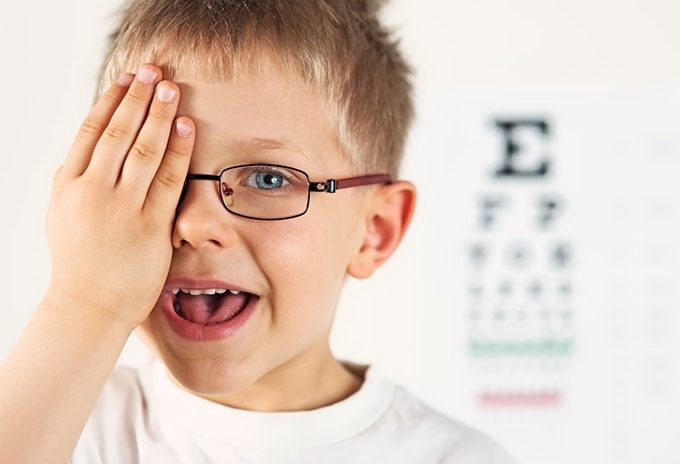



Children urged to spend more time outdoors to reduce risk of shortsightedness

Baku, November 11, AZERTAC
Children should be encouraged to spend more time outdoors to reduce their risk of becoming shortsighted, new research suggests.
The time spent playing on screens from a younger age and less time playing outside is fuelling rising rates of myopia, scientists have warned.
Katie Williams, an author of the study by King’s College London, said: “We know from previous genetic studies that genetics plays a high role in population variance. But genetics can’t explain why myopia is becoming more common because genes can’t change that quickly over a couple of generations, so it must be the pressures of modern-day childhood that is causing a rise in prevalence.”
She added: “A healthy balance of time outdoors and a balance during early education is really important.”
Researchers used data from the Twins Early Development Study, which followed children born in England and Wales between 1994 and 1996. The project tracked their development, behaviour and education through questionnaires and tests, and studied their genetics.
They found that being born in the summer nearly doubled the risk of being shortsighted, while those who spent longer playing on screens were three per cent more likely to develop such eye problems.
Exposure to outdoor lighting is thought to be vital, since it appears to slow the axial growth of the eye. A previous study found that even when a child has two near-sighted parents, if they do not spend enough time outdoors, the genetic threat of myopia increases to about 60 per cent.
Shortsightedness, or myopia, is becoming increasingly common across the world. By 2050, nearly 4.8 billion people will be affected by the visual disorder - 2.8 billion more people than in 2010.
Experts say they have found new factors, and confirmed others, which could also affect a child’s risk of becoming shortsighted. These include being born in the summer and having a more highly educated mother.
Those born in the summer had almost twice the odds of being shortsighted, which the researchers say is down to starting school earlier in life, and for every higher level of education the mother had, the odds of the teenager having the condition rose by a third.
Azerbaijan administered 70 COVID-19 jabs over past week
Azerbaijan logged 111 new COVID-19 cases over past week
Azerbaijan administered 166 COVID-19 jabs over past week